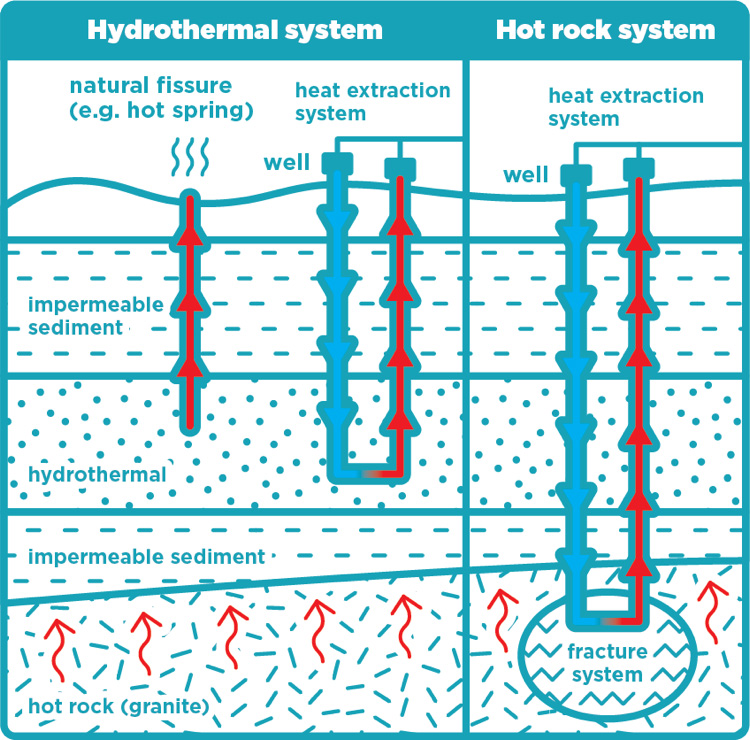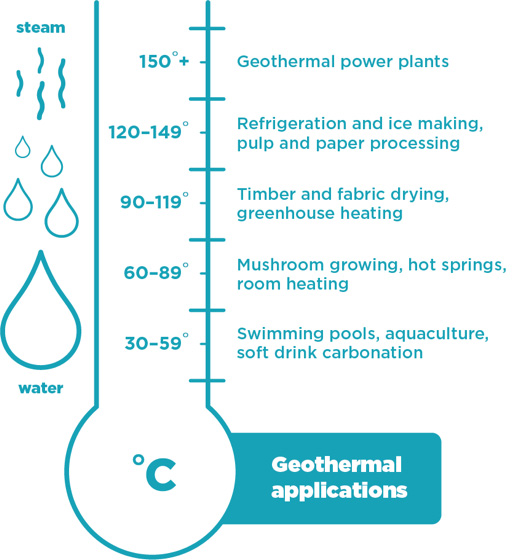Geothermal energy
-
-
- Why we are upgrading our electricity system
- How NSW will benefit from the energy transition
-
- All about renewable energy
- A long-term vision for locals
- The best office in the world
- The future of farming is here
- Renewables generates 100 new jobs for Western Sydney manufacturer
- The people behind NSW’s energy transition
- NSW ’s giant super battery is underway
- Unlocking opportunities for the people of Dubbo
- Meet Bridget from the Central-West Orana REZ
-
-
- Agreement between the state of NSW and Origin on its plans for Eraring power station
- NSW coal market price emergency
- Delivering a Gas Decarbonisation Roadmap
- Enabling distribution-connected batteries
- Far West NSW power outage post event review report
- NSW Consumer Energy Resources Installer Portal
- NSW Embedded Network Action Plan
- NSW Transmission Planning Review 2025
- Network-to-network connection process
- System strength
- Corrosion protection systems
- Demand response
- Electricity Market Operation Rules
-
- About the Energy Security Safeguard
- Review and reform
- Exemptions
-
-
-
- Air conditioner - eligibility
- Core eligibility
- Electric water heater replacement with a solar electric boosted water heater - eligibility
- Electric water heater replacement with an air source heat pump - eligibility
- Electric water heater replacement with an air source heat pump - eligibility
- Gas water heater replacement with a solar electric boosted water heater - eligibility
- Gas water heater replacement with an air source heat pump - eligibility
- Gas water heater replacement with an air source heat pump - eligibility
- HVAC - eligibility
- Heat pump water heater - eligibility
- Hot water heater - eligibility
- Install a new air source heat pump - eligibility
- Pool pump - eligibility
- Refrigerated cabinet - eligibility
- Solar battery - eligibility
- Solar battery - eligibility
- Solar battery eligibility landing
- Spare refrigerator or freezer - eligibility
- Ventilation or refrigeration motor - eligibility
-
- Air conditioner - certificates
- Electric water heater replacement with a solar electric boosted water heater - certificates
- Electric water heater replacement with an air source heat pump - certificates
- Electric water heater replacement with an air source heat pump - certificates
- Gas water heater replacement with a solar electric boosted water heater - certificates
- Gas water heater replacement with an air source heat pump - certificates
- Gas water heater replacement with an air source heat pump - certificates
- HVAC - certificates
- Heat pump water heater - certificates
- Hot water heater - certificates
- Install a new air source heat pump - certificates
- Pool pump - certificates
- Refrigerated cabinet - certificates
- Solar battery - certificates
- Solar battery certificates landing
- Spare refrigerator or freezer - certificates
- Ventilation or refrigeration motor - certificates
- Solar battery - certificates
-
-
- Administration and compliance
- Energy certificate schemes
- Gas network safety and operating plans
- Pipeline management plans
-
- Scaling up a thriving renewable fuel industry in NSW
- NSW retail electricity tariff reforms
- Going circular in clean energy
- NSW Electrical and Gas Safety Review
- Pipelines and Gas Supply Acts proposed updates - 2024
- Pipelines and Gas Supply Regulations
- Solar emergency backstop
- ASP Scheme review
- Corrosion Protection Systems Regulation 2020
- Digital metering: improving service delivery in NSW
- Electricity Infrastructure Roadmap consultations
- Queensland-Hunter Gas Pipeline ATS
- Public lighting code
- Service and installation rules
What is geothermal energy?
Geothermal energy is Earth’s naturally occurring heat, which is used to generate electricity or other forms of power. There are two main sources:
- Hydrothermal systems occur when water circulates through fractures or pores in rocks where there’s high heat flow. In hydrothermal systems, water comes naturally to the surface or can be pumped.
- Hot rock systems use heat which is trapped below an impermeable layer of rock. Water is pumped from the surface into hot rock, where it is heated, and then returns to the surface.

How is geothermal energy used in NSW?
There are many areas of low temperature (<100°C) hydrothermal systems in NSW that can provide hot groundwater for heat extraction.
NSW has some naturally occurring thermal springs heated by geothermal energy. The Lightning Ridge Bore Baths, Moree Plains Artesian Pools and Yarrangobilly Caves thermal pool are popular tourist destinations.
Right now, there are no geothermal power stations in NSW, partly because there are few places in the state where accessible groundwater reaches 100°C.
However, the central and eastern parts of NSW show great potential. These areas contain granites with unusually high concentrations of uranium (U), thorium (Th) and potassium (K). Although enriched in these elements compared to other rocks, the concentrations are still relatively low and pose no health or environmental risk. These elements decay over millions of years, generating heat. These ‘hot rocks’ can be drilled and broken, to circulate water and heat it for electricity.

The future of geothermal energy in NSW
Geothermal energy could be used to heat and cool buildings, warm swimming pools, develop spas at thermal pools, pre-heat water for industrial use, and power machinery in agriculture. As technology evolves, geothermal power plants may be able to use lower-temperature water to produce electricity.